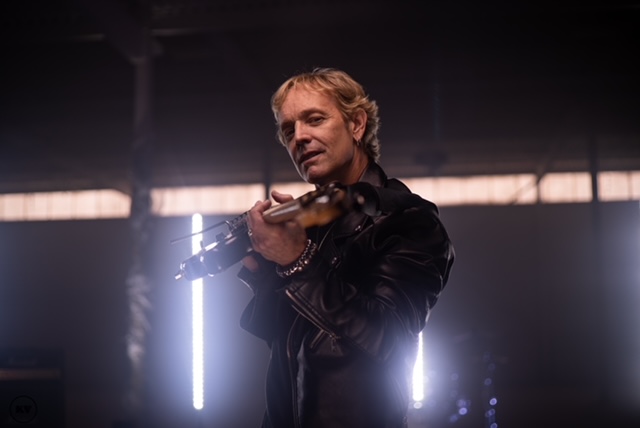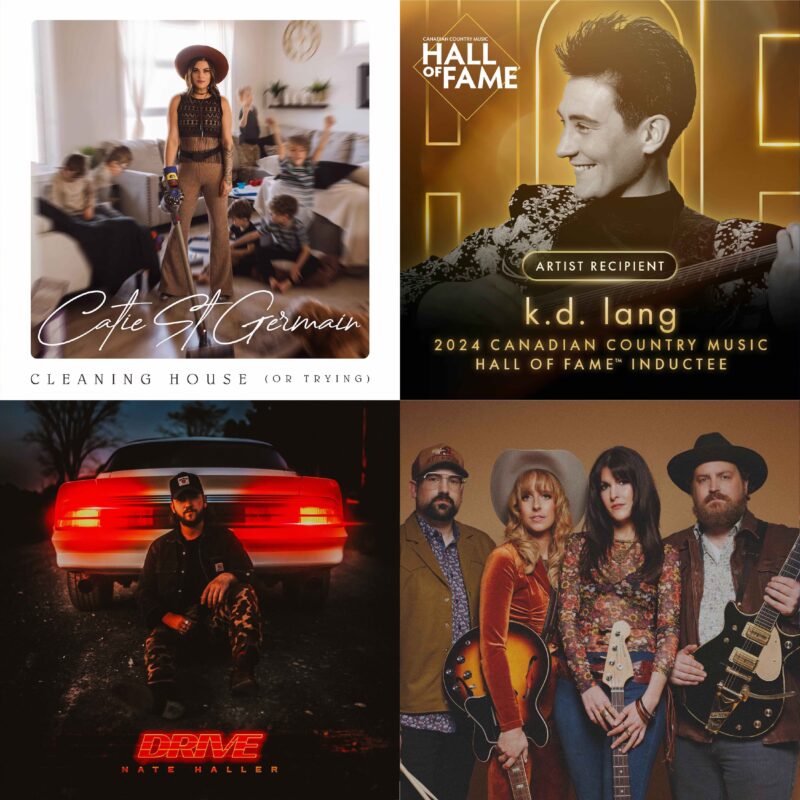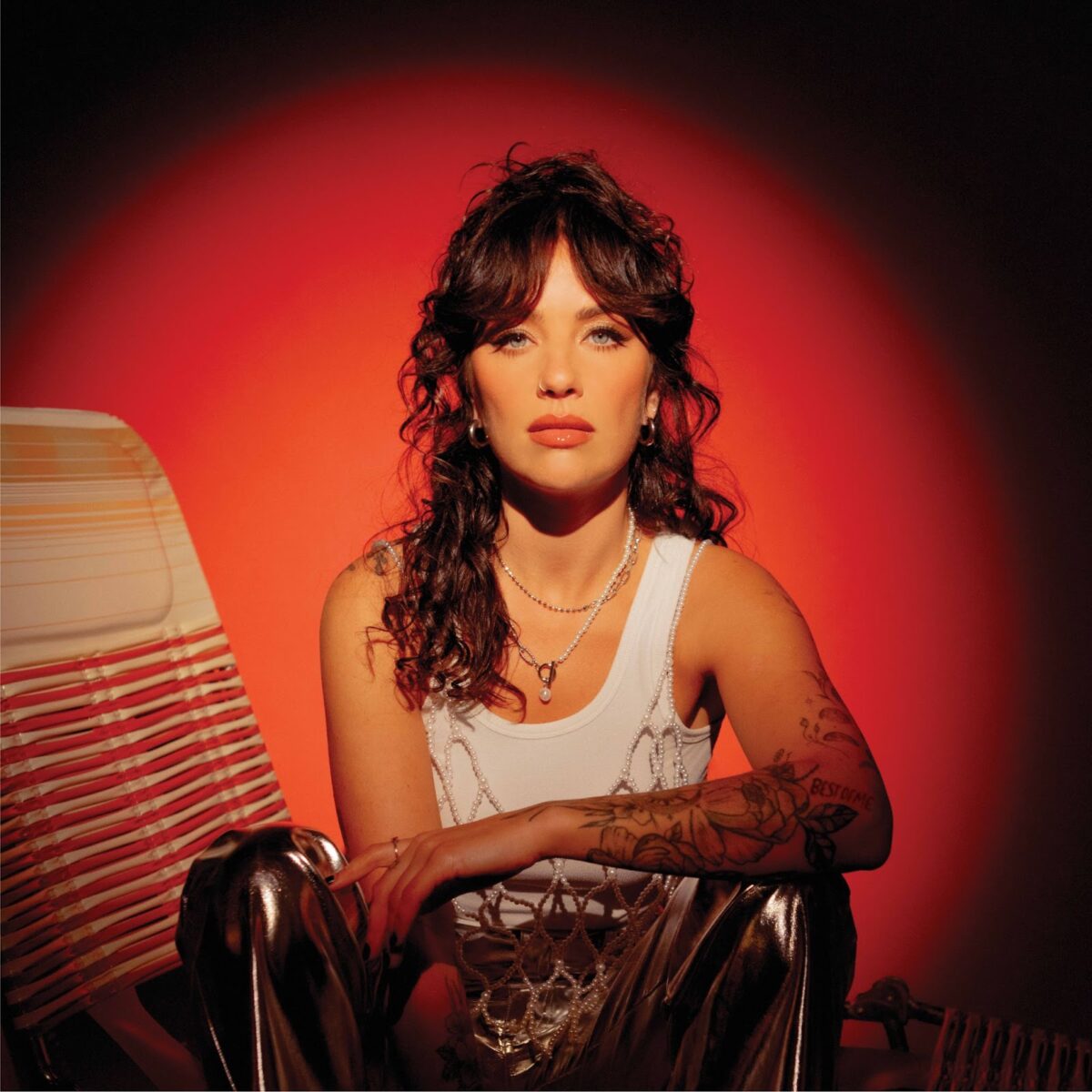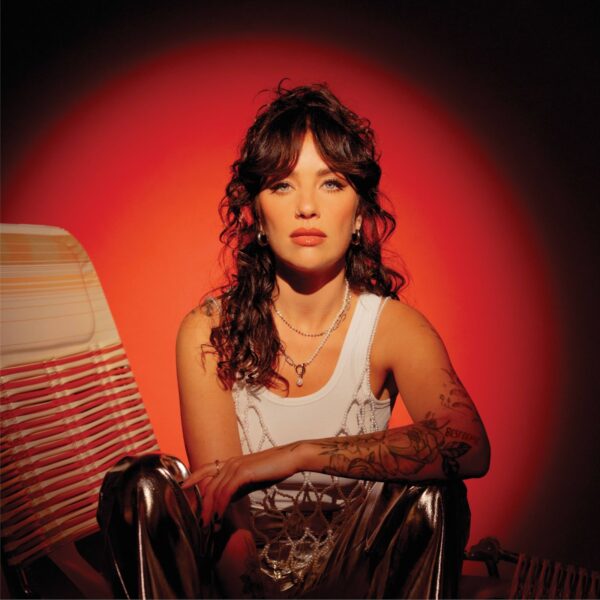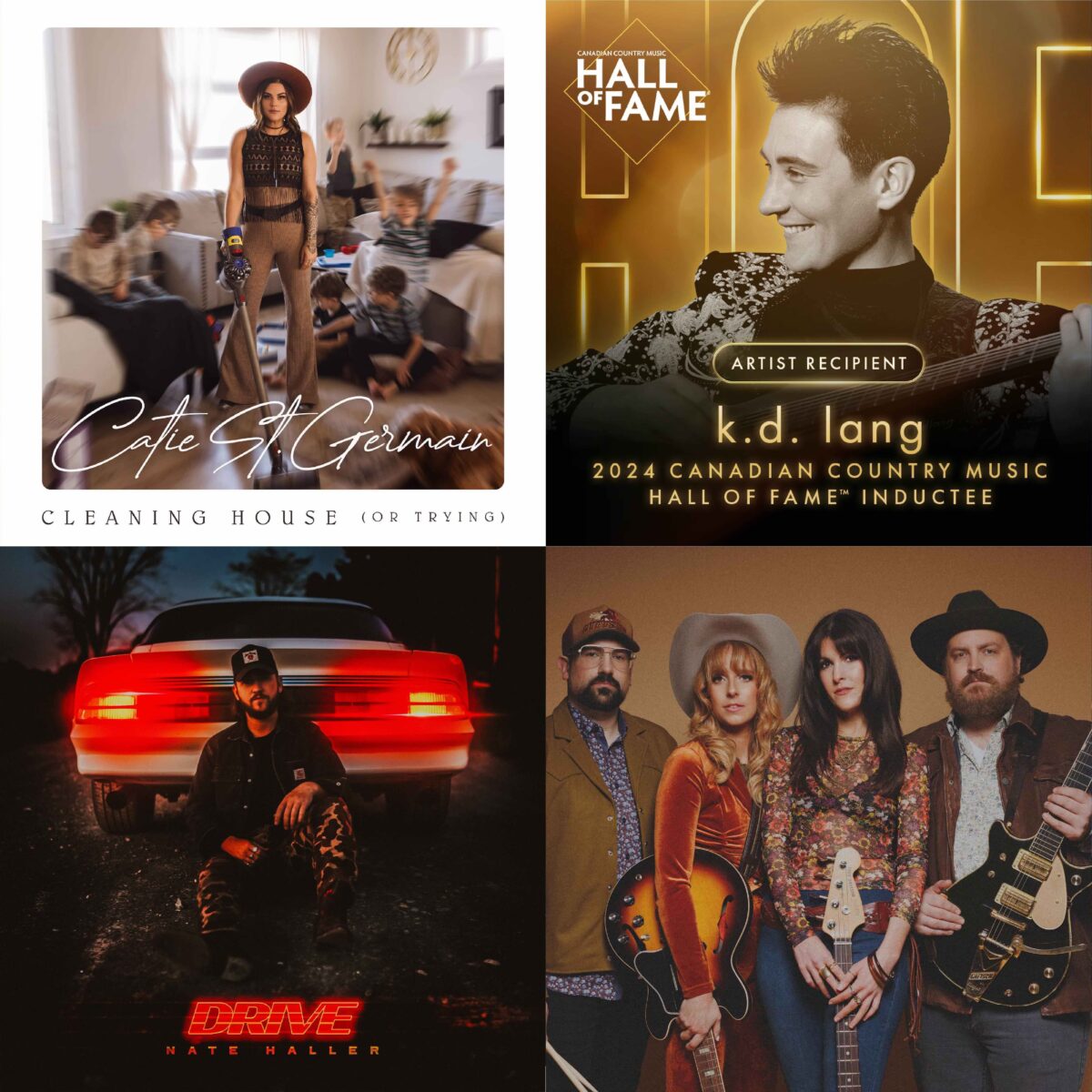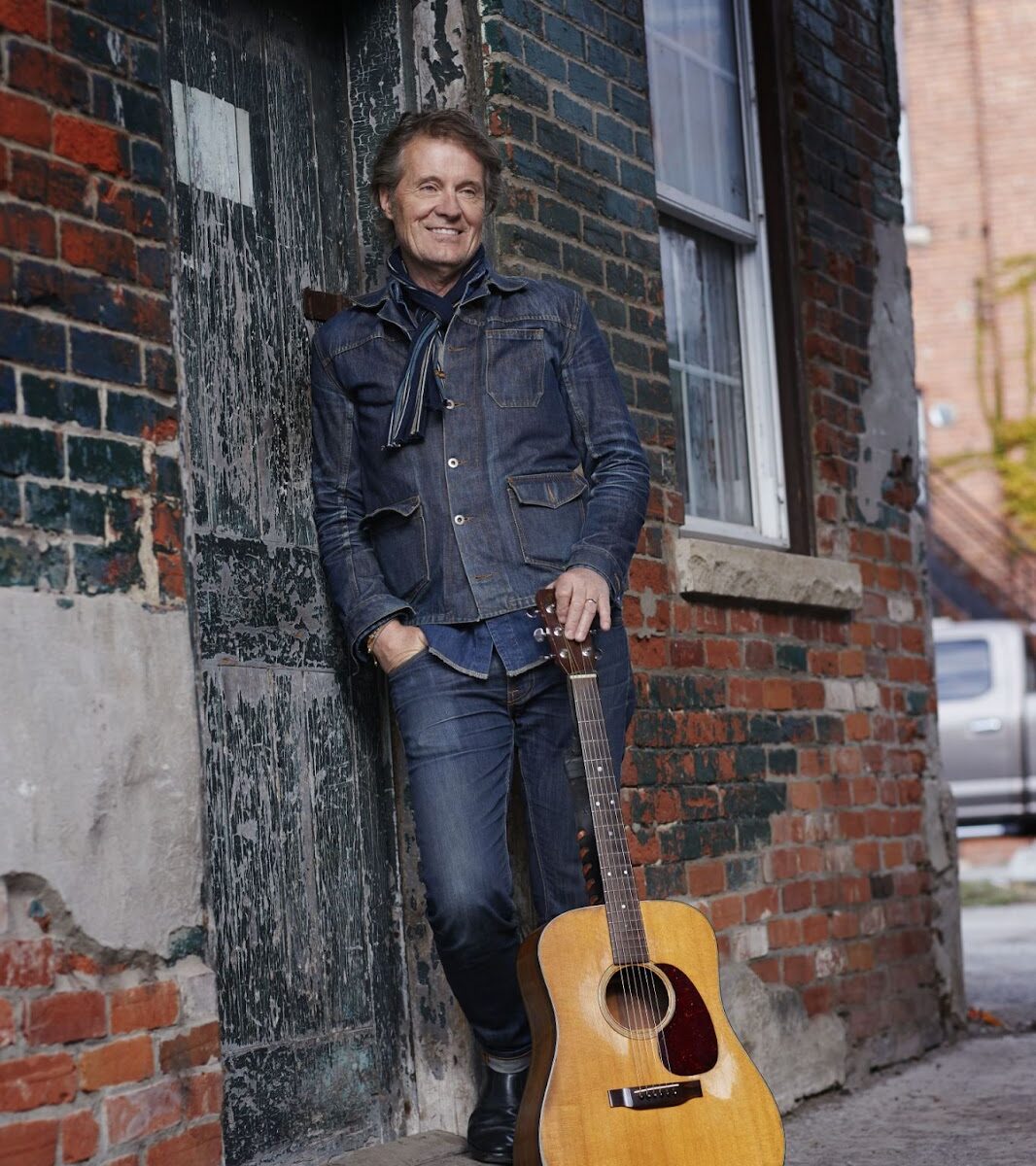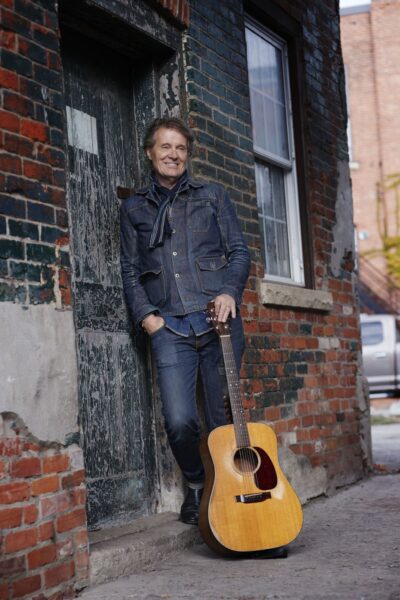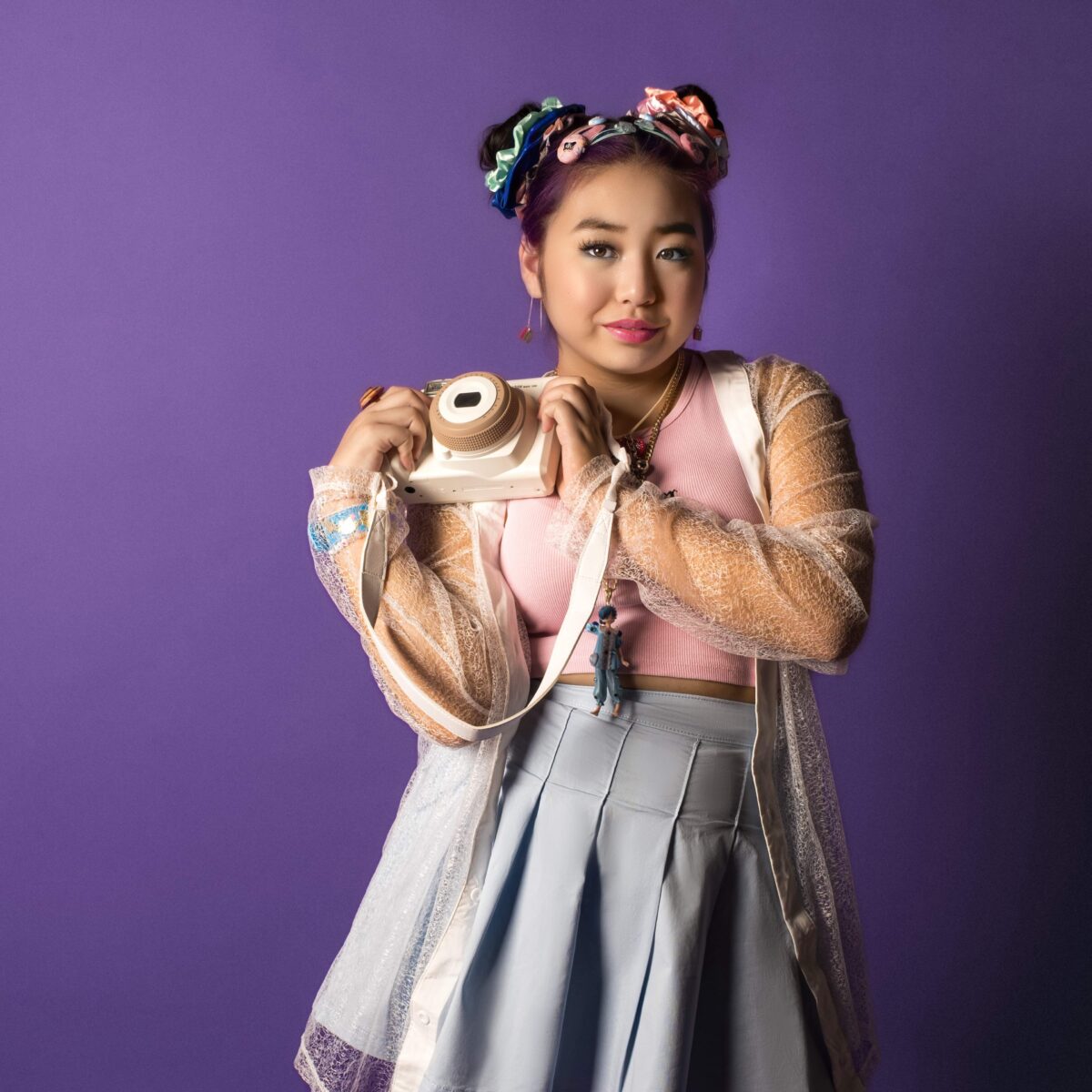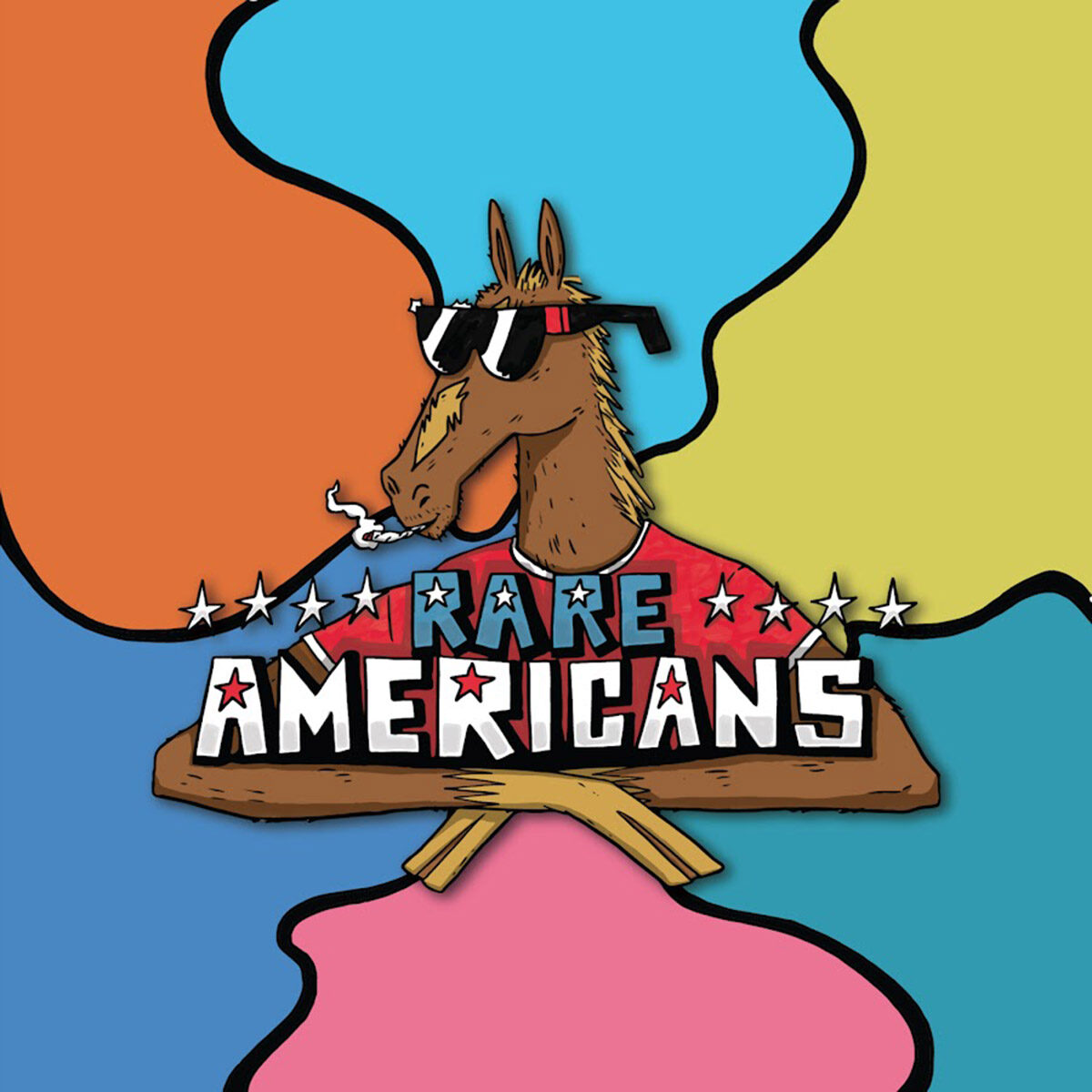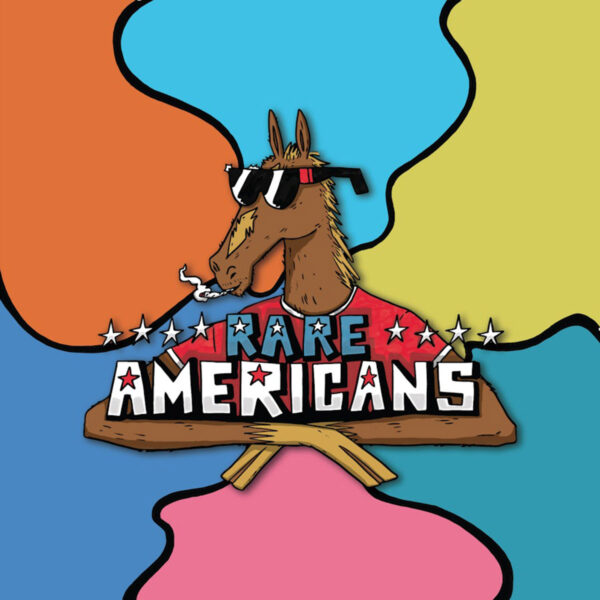Ottawa’s RBC Bluesfest, one of the top ten outdoor music festivals in North America, is now in its 21st year, but has grown to become something much more than a phenomenally successful music festival. It’s an enterprise that has not only brought some of the biggest world talents to our city, but has also focused a great deal on our own local artists, and has incorporated the involvement of many of our local businesses, artisans, and venues. Now with sister festival, Cityfolk and the newest endeavour, Festival Of Small Halls, the team looks to expand and extend its musical festivities beyond Bluesfest. Outside of these events themselves, Executive Director Mark Monahan and his team have always valued the importance of giving back to the community with the creation of “Blues In The Schools”, “Be In The Band”, and various other community programs and workshops held all year long at their Bluesfest School of Music & Art. I had a chance to talk to the man himself, about the birth of ideas that formulated in the early days at The Penguin Club in Ottawa, to all things Bluesfest and beyond…

M.E.: What was your original vision you had to create an outdoor music festival, and has that vision changed today?
M.M.: We wanted to put on an outdoor festival, but we also wanted to do something a little different than what was happening at that time, which was in the mid-90’s. It really was to put on a popular music festival…that was the original plan, and of course it turned out pretty good.
M.E.: So the original plan was going with what was popular and not necessarily entirely blues…?
M.M.: Yes. But it was definitely to have a focus on blues music, and we started the event when there were already many large music, and especially jazz festivals happening. So we decided to hang our hat on blues music, which I felt had more popularity during that time than say traditional jazz.
M.E.: I remember the early days did have quite a few blues acts…
M.M.: There really wasn’t much blues in the first year. We had Randy Bachman, who was more of a rock guy; Clarence Clemons was Bruce Springsteen’s horn player; and Buckwheat Zydeco was a zydeco band. But you’re right, we had players like Gatemouth Brown and Buddy Guy and so on, but it quickly evolved into a roots/rock popular music festival. In the early years, we had people like Little Feat, which was like a roots/rock band, we had Los Lobos, Robert Cray, etc. They’re all somewhat related to the blues. There’s still a major focus on blues artists, but I think I recognized almost from the start, that wouldn’t really draw the numbers that we’d hoped for to support a large scale festival.
M.E.: When did it start to veer into incorporating larger scaled acts?
M.M.: In the late 90’s, Ray Charles I guess would be the first example of that period where we started to bring in some major iconic pop names.
M.E.: Your experience in booking bands started back in the Penguin days?
M.M.: Yes, during the Penguin days, back in the early 90’s.
M.E.: I’ve always been impressed by your natural business mind and your way of tackling things. It seemed like you learned the ropes quickly, made them your own, knew who all the contacts were, and said, hey – I think I can do this…is that pretty much how it happened?
M.M.: It did, but with the help of a lot of fortunate circumstances. The Rainbow had started in the late 80’s, and one of the original partners, Ron Knowles, was a key player in introducing me to a lot of agents in the early 90‘s. Also, Gord Rhodes, of the original Barrymore’s, which closed right around that time in ‘91/’92, came over and worked with me at The Penguin. Really, it was these guys that mentored me back then and gave me a lot of the contacts that I started out with.
M.E.: Did you ever suspect that Bluesfest would grow to this kind of immensity?
M.M.: I’d hoped it would. One of the bigger influences in the early years was my travels to New Orleans. At that time, their New Orleans Jazzfest was, and still is one of the most iconic music festivals in the world. That was a big eye-opener to me to see that in the mid-90’s and gave me a lot of inspiration to create a similar-styled event.
M.E.: Do you ever feel it gets a little out of control or too hard to handle at any point?
M.M.: I think that it’s evolved so much but also along the way there’s been so many great people that I’ve had the opportunity to work with. The staff make it so much easier…I couldn’t operate things at this level without a very dedicated team. I’m very pleased to have a lot of people who’ve been with me for many years.
M.E.: How large is your staff right now?
M.M.: We have 15 full-time staff that basically we call the team behind Bluesfest. They work on Bluesfest, Cityfolk, and now the Festival of Small Halls as well.
M.E.: That must be an amazing amount to tackle!
M.M.: It is, but it’s actually great to now have a sister festival, and having the timing of that event in September, gives us the opportunity to extend the season. In the early years and through the 2000’s, it was always a little depressing when Bluesfest ended. We worked hard all year and suddenly it’s just this huge let-down. So now we can say, okay let’s take a week or two and gear it up again for Cityfolk. So it gives us something now to look forward to.
M.E.: So this will be the first year for Cityfolk in the new Lansdowne Park location. How do you feel about moving away from Hog’s Back?
M.M.: I think it’s a great move to go down to Lansdowne. And what this city has done with what they call The Great Lawn is a huge opportunity for the festival. The whole Lansdowne project I think has made a huge positive difference to that location. It’s a long time coming, obviously, but they’ve got a beautiful lawn set up there now.
M.E.: Are you using the inside stages in the stadium and the salons also?
M.M.: No, we’re actually using the city portion of the property. The Aberdeen Pavillion, The Great Lawn, and the Horticultural Building, so it’s next door to the stadium…all the city-owned part of Lansdowne. We think it’s going to be fabulous.
M.E.: Are there any elements in store for the future of Bluesfest?
M.M.: I think the challenge is keeping the music relevant to the people that are coming in what they’re expecting to be able to see. That’s always in my mind when I approach the bookings. I try to look at what’s happening in the musical landscape and seeing what is timely, but also recognizing that there’s an audience in Ottawa that comes to the festival, that just wants to have fun, get together and hang out. Festivals are an opportunity for communities to get together and however big Bluesfest has become, that really is the essence of the festival…it will always be a community gathering.
M.E.: You’re also a big supporter of local talent…tell me why that’s important to you.
M.M.: Absolutely. The local talent part of it has become more important over the years. Given the size of the event, we have a tremendous opportunity to showcase the talent we have in Ottawa. A quarter of the bands this year are local, and we’re very proud of that. We have a phenomenally great city…not just the people who go to hear the music, but local artists and musicians that do this year in and year out.
M.E.: I think it’s wonderful…this has done so much for Ottawa, and for the local musicians, too. Can you tell me how the idea for the Bluesfest School of Music and Arts started?
M.M.: We started doing what we called “Blues In The Schools” in 1999, and it was in an effort to initiate a community music program. During that time there was a lot of cutting of music programs in the schools and we thought, it would be nice to start something. That has evolved, although we continue to do “Blues In The Schools“, but also we’ve started other programs. There’s one called, “Be In The Band“, which is a community centre program. When we started the Bluesfest School of Music, we felt these community programs needed a home. We now have our offices in what was the Westboro United Church, and when the building became available, we felt having the school there was a great fit. We also work very closely with our fantastic partner, Dovercourt Community Centre.
M.E.: Any other projects in the works outside of Bluesfest?
M.M.: I think the challenge really in Bluesfest is that we feel we have to stay relevant in terms of programming, but also we want to get involved in more local initiatives. We’re also part of something called the Ottawa Music Group that is now forming an office in the city, in an effort to create more opportunity for local musicians. We’re hoping in the next year to encourage artists and businesses to be supportive of this initiative to promote how great Ottawa music is. We’ve built a successful event and now have a way to show some leadership, to give back, and get involved in the community in general.
Ottawa Bluesfest began in 1994 as a 1-stage, 3-day event. This year, RBC Bluesfest runs from July 8-19 and features 200 acts on 5 stages, with a range of musical genres that is guaranteed to offer something for everyone. A few of the featured headliners are, Kanye West, Keith Urban, Lynyrd Skynyrd, Deep Purple, Ceelo Green, Jason Aldean, Weird Al Yankovich, Canned Heat, Randy Bachman, The Tea Party, Blue Rodeo, Air Supply
something for everyone. A few of the featured headliners are, Kanye West, Keith Urban, Lynyrd Skynyrd, Deep Purple, Ceelo Green, Jason Aldean, Weird Al Yankovich, Canned Heat, Randy Bachman, The Tea Party, Blue Rodeo, Air Supply , and Hedley.
, and Hedley.
For complete details and inquiries, please visit www.ottawabluesfest.ca.
details and inquiries, please visit www.ottawabluesfest.ca.






